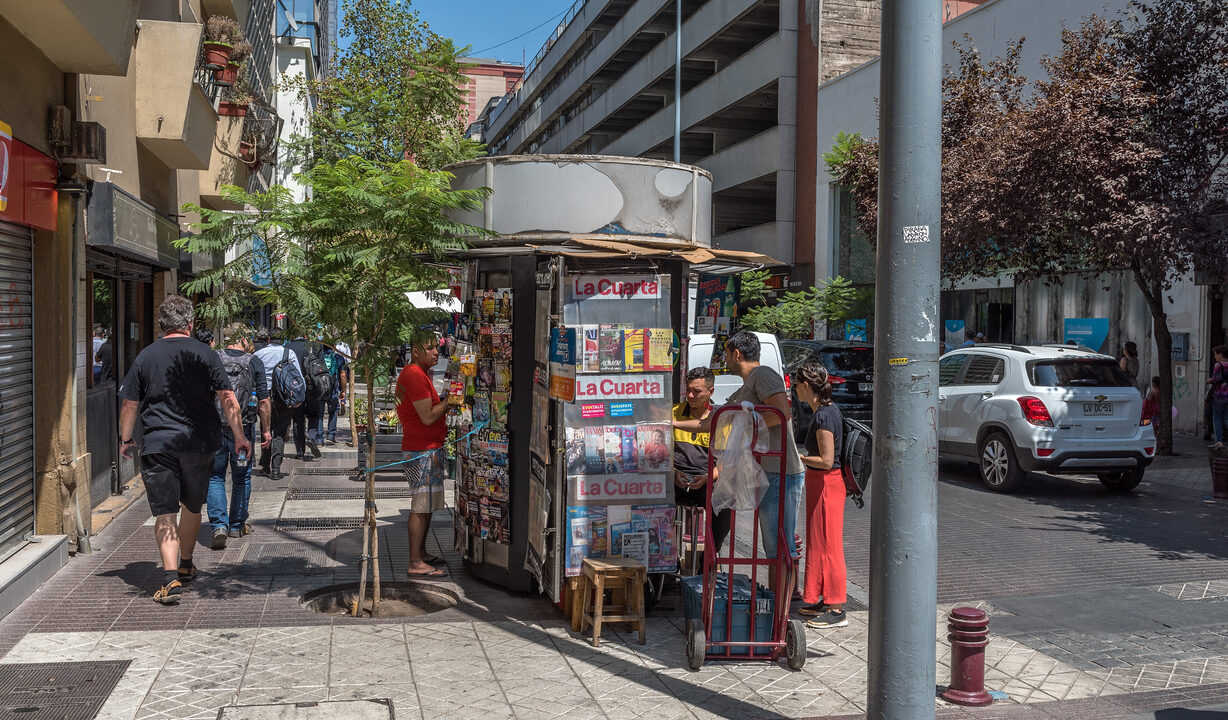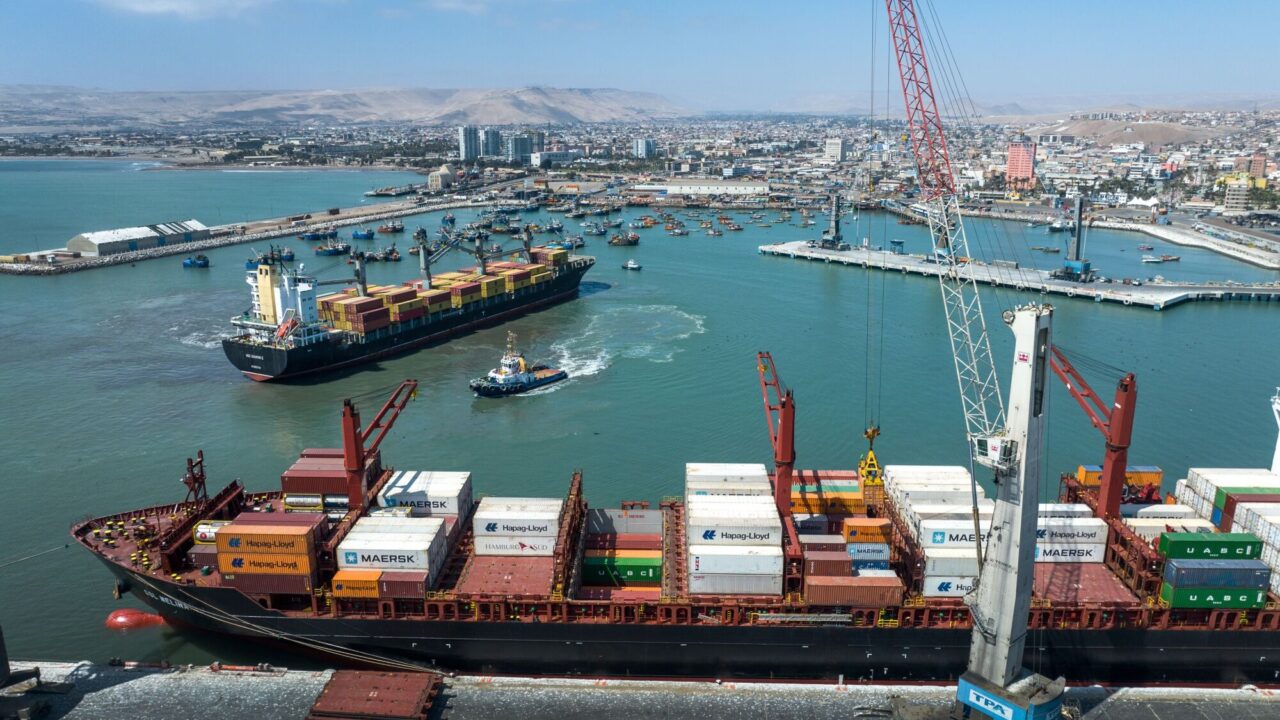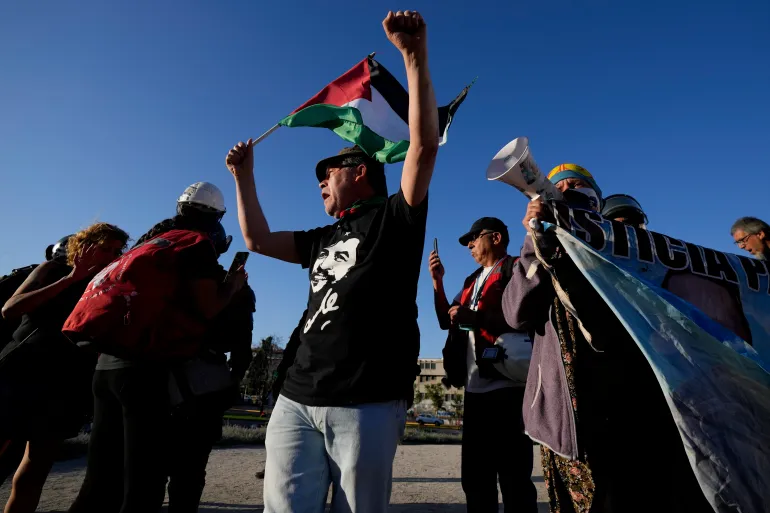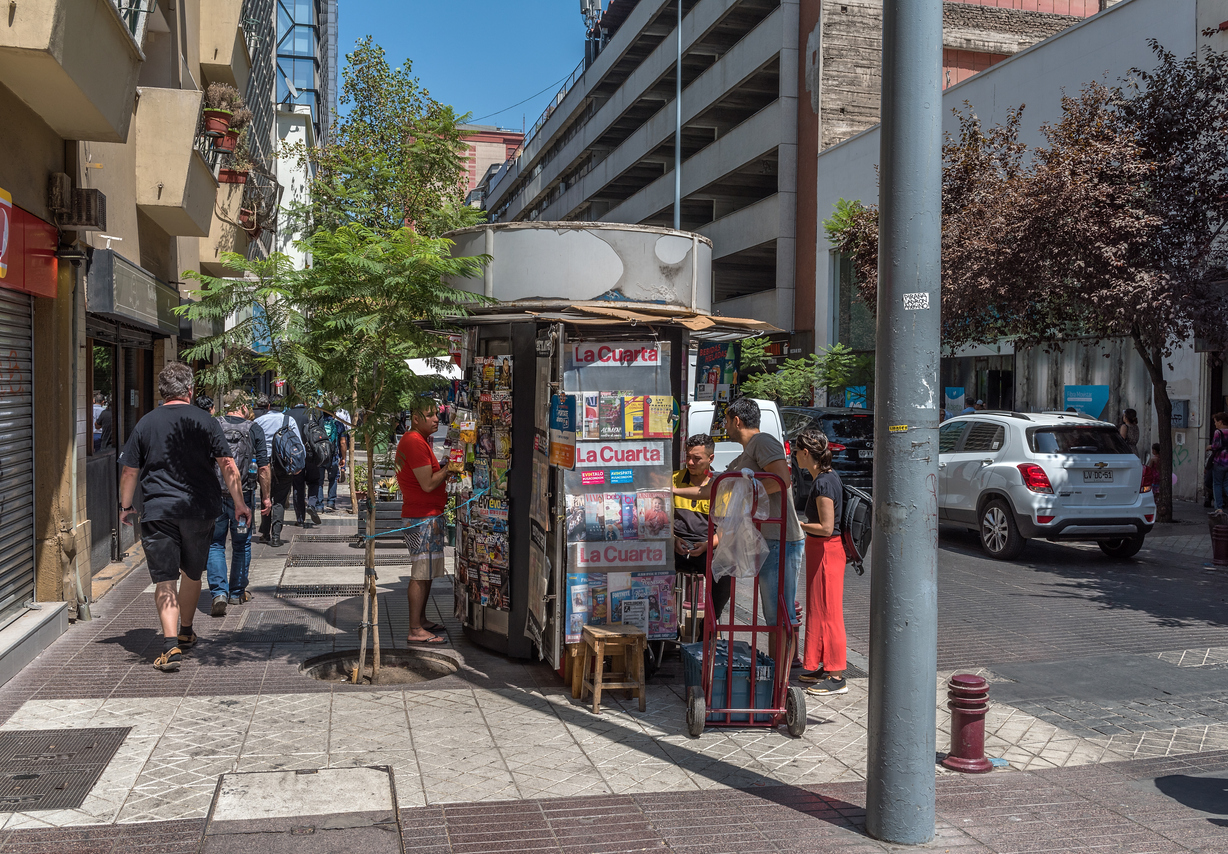n her 2009 TED talk, Chimamanda Ngozi Adichie warned us about “the danger of a single story,” emphasizing how narratives shape perceptions and perpetuate stereotypes, especially in the media. These cautionary words resonate in Chile, where the media representation of migrants stigmatizes them, contributing to human rights violations and contravening international treaties and ethical norms.
Since 2020, Chile has been facing a migration crisis marked by the mainly irregular and unauthorized entry of migrants from neighboring countries as they seek new economic opportunities or to develop their life projects. These migrants are typically fleeing regions affected by political, economic, and criminal crises, such as the maras in Central America.
This crisis led to the passing of Migration Law No. 21,325 in 2021, which required visitors to the country to obtain visas from Chilean consulates in their countries of origin. It was intended as a means of preventing foreigners from entering Chile as tourists and changing their migration status to seek employment. Despite this policy, irregular entry persists, and Chile currently has the second-highest proportion of migrants in Latin America, with the Investigations Police registering the irregular entry of 35,000 migrants in 2023 alone.
In this context, researchers Carolina Stefoni and Sebastián Brito identify a close connection between the stereotypical portrayal of migrants in Chilean media and the control policies implemented by the government. In promoting compliance with the new immigration law by highlighting the penalties for irregular entry, the media contributes to the stereotyping of migrants as criminals. In other words, migrant news functions as a political tool.
Despite its varied coverage and the range of tones used in reporting on migration, Chile’s media has generally focused on linking migrants to criminal waves, the saturation of basic services, and increasing unemployment through their inclusion in the workforce. This perspective has been identified as a threat to coexistence. Simultaneously, this issue has been denounced by Venezuelan migrants in Chile, who reject the media’s stigmatization of their situation—especially coverage that links migrants to the ongoing criminal wave in the country, hindering their integration.
This representation has generated a climate of insecurity in Chilean society, perpetuating stigmas and obstructing migrants’ economic, social, and cultural inclusion as episodes of discrimination and xenophobia limit their ability to assimilate into the workforce. These practices constitute violations of the fundamental principles enshrined in the Universal Declaration of Human Rights (1948).
By linking migrants to criminal activities primarily on the basis of their irregular entry into the country, this media distortion violates Article 2 of the Universal Declaration of Human Rights, which establishes the principle of non-discrimination and equality before the law. By presenting migrants as a threat to security, the media perpetuates stereotypes that fuel discrimination and xenophobia, thereby violating Article 7, which prohibits discrimination in all forms.
This distortion translates into harmful measures for migrants, such as criminalization and stigmatization, preventing their inclusion and regularization in the country. The relationship between media stigmatization and deportation reveals a clear violation of the fundamental principle established in Article 2 of the International Covenant on Civil and Political Rights (1966). This article guarantees the right to non-discrimination and equality before the law, a right that is violated when migrants are unjustly linked to criminal activities. Nevertheless, the Chilean government deported 294 people in the first four months of 2021, most of them without judicial review, according to government figures obtained by the Jesuit Migrants Service. The majority of deportees were Venezuelan.
The criminalization and stigmatization of migrants not only distort reality but also violate access to due legal process, a right enshrined in Article 14 of the International Covenant on Civil and Political Rights (1966). The linking of migrants, especially Venezuelans, to criminal activities through media narratives has led to deportations without a fair and equitable legal process, even of those with minor convictions.
It is imperative that the media address this issue by recognizing the ethical responsibility they carry and respecting the fundamental principles established in the international commitments that Chile has ratified, such as the Global Compact for Safe, Orderly, and Regular Migration. This pact commits states, including Chile, to respect and protect the human rights of all migrants, regardless of their migration status.
In shaping public opinion, the media plays a central role, and it is crucial that media outlets accept responsibility for integrating migrants, whether irregular or not, into the country rather than criminalizing them. Fostering opportunities and promoting social cohesion is not only an ethical necessity but also an obligation that the media should embrace in order to help build an inclusive and understanding society.






